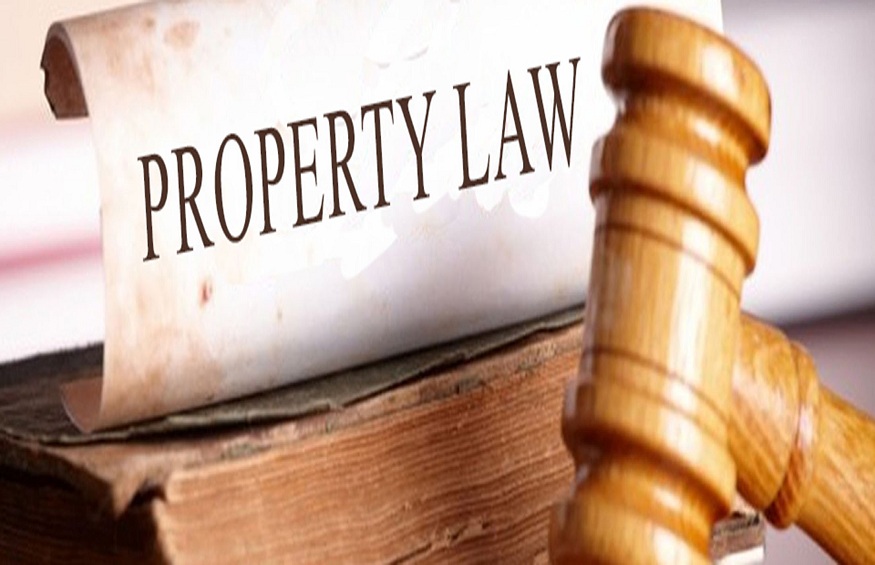Landlording’s appeal is among the top reasons many people turn to real estate investment. While the cash flow and financial security are tempting, being a landlord isn’t all roses. You could fall in hot soup with the law, a concern that most investors find out when it is too late. As you dive into real estate, understating the property law essentials shouldn’t be overlooked. The best part is that it doesn’t have to be a hassle, especially with a reliable and reputable property lawyer in Melbourne. Here are some property law essentials for landlords to help you get started.
Tenancy
You’ve marketed your property, screened potential clients, and are ready to start a tenancy; what’s next? Starting a tenancy requires a landlord to draft an agreement and give it to the tenant for signing. You can add special conditions, provided they aren’t against the law. The agreement also details the property’s state, a significant check that counts while ending the tenancy. This is noting that the landlord has the right to take a bond. This is refunded after the tenant vacates the property and is subject to reduction due to any damages caused.
Property management
You are the landlord, but it doesn’t mean you can keep barging in; tenants have rights, too. You have to give notice (at least 24 hours) before entry. Nonetheless, I there are urgent repairs, the notice won’t be important as the tenant also needs the services. Urgent repairs must be done immediately, while the non-urgent ones require the landlord to address them within 14 days after the notification. The landlord has to maintain the property in a safe and habitable state. This includes installing smoke detectors, gas appliances, and fences for the pools/spas, to mention a few. If the property is declared inhabitable, the landlord can terminate a tenancy.
Rent collection
Rent collection is arguably the most sensitive part of landording. If a tenant defaults, your business isn’t making any profits, but you also don’t want to be brutal. Following the law, you have to wait for 14 days. If the area exceeds the 14-days window, you can issue the notice to vacate. The tenant has to leave the property or clear the arrears within 14 days after the notice. Should they fail and refuse to vacate, you can apply to evict them and have them removed.
Ending a tenancy
When a tenancy ends, the law requires the tenant to leave the property in good condition. This is where the tenancy agreement with an inspection report comes in; the condition is subject to what it was when the tenant moved in but accounting for the expected wear. After the tenant leave, the landlord has the right to inspect before releasing the bond. The inspection details any missing items, damages caused, and cleaning/repairs needed that exceeds the expected range. Before releasing the bond, the landlord deducts the amount, including any outstanding rent or bills. The tenant and landlord sign the Bond Claim form, successfully terminating the tenancy.
The basics aren’t that challenging. Nonetheless, enlisting a property lawyer in Melbourne as you navigate the process is advisable. From drafting the agreement and dealing with disputes, among other areas, the lawyer will ensure that you adhere to the property laws for landlords.


